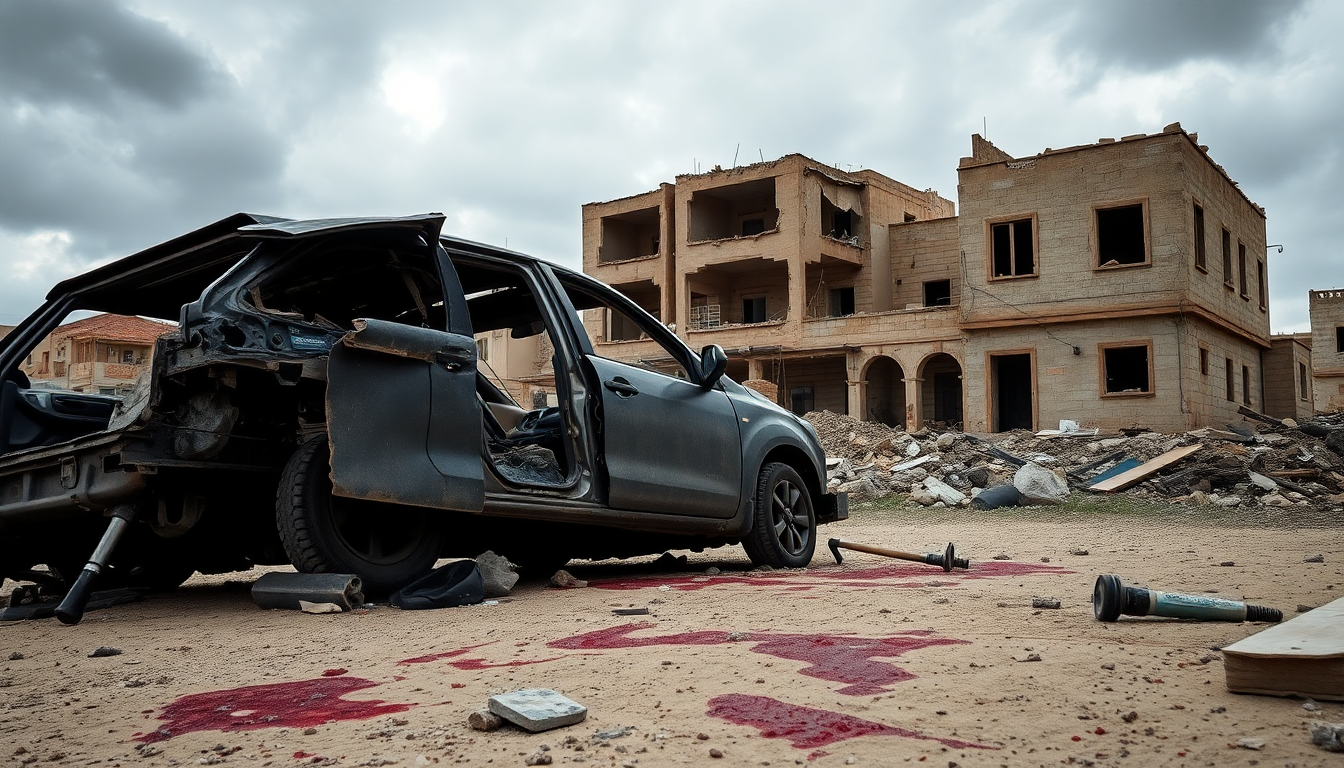Table of Contents
The ongoing violence in the occupied West Bank has reached alarming levels, capturing the attention of local communities and international observers alike. Recent events underscore the precarious situation facing Palestinians, as military operations and settler attacks have resulted in significant loss of life and escalating tensions. But what does this mean for those living in the region? This article dives into the details of these incidents, examines the broader context, and highlights the urgent need for intervention.
Understanding the Escalation of Violence
Have you noticed the troubling rise in violence in the occupied West Bank? Recent reports show that Israeli military forces have ramped up their operations, leading to tragic outcomes. A grim statistic reveals that at least four Palestinians, including a teenager, lost their lives during a series of confrontations, marking a continuation of deadly raids that have sadly become all too common in the region. The Health Ministry reports that the teenager succumbed to injuries inflicted by Israeli forces, highlighting the serious consequences of military actions on young lives.
But it’s not just military engagements that are causing harm; violent actions by Israeli settlers have also been on the rise. A particularly harrowing incident unfolded in Kafr Malek, northeast of Ramallah, where dozens of settlers attacked the town, resulting in the deaths of three more Palestinians. Eyewitnesses describe chaos as settlers burned vehicles and homes, while Israeli troops provided backup, firing live rounds into the crowd. This unsettling dynamic raises critical questions about the protection of civilians and the accountability of security forces. How can we ensure the safety of all people in this volatile environment?
The Humanitarian Impact and International Response
The humanitarian implications of this violence are profound, affecting not just those directly injured or killed but also the wider Palestinian community. The Palestine Red Crescent Society reports treating numerous individuals with serious injuries, reflecting a dire health crisis worsened by ongoing conflict. The Palestinian Vice President has made urgent calls for international intervention, emphasizing the global community’s responsibility to protect the rights and lives of Palestinians amid this escalating violence.
Additionally, the situation is further complicated by the systemic issues faced by Palestinians living under Israeli military authority. With over 100 settlements housing approximately 500,000 Israeli settlers, Palestinian residents often find themselves subjected to violence and displacement. The United Nations High Commissioner for Human Rights has raised concerns about the renewed violence, calling for an immediate halt to settlement activities and the protection of Palestinian civilians. Can we really sit back and watch as these individuals suffer?
Looking Towards the Future: A Plea for Peace
As we reflect on the current state of affairs in the West Bank, it’s crucial to consider the long-term implications of this violence. The ongoing conflict not only affects immediate security but also undermines the prospects for peace and stability in the region. Thousands have been displaced, homes destroyed, and lives lost, creating a cycle of suffering that perpetuates tensions and grievances. Isn’t it time we seek a different path?
While recent events have drawn attention, it’s essential for the international community to stay engaged and advocate for a resolution that prioritizes human rights and dignity for everyone involved. Only through sustained dialogue and a commitment to justice can we hope to break the cycle of violence and pave the way for peaceful coexistence in the region. What can we do to help foster this change?


